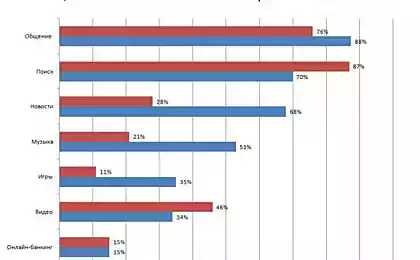158
What information about yourself should not be placed in social networks
An ordinary thief who has stolen a passport along with his wallet is not likely to be interested. He'll just throw it away. Personal data on the Internet, on the contrary, are of interest to fraudsters in the first place. After all, with their help you can steal anything: money, information, personal photos and videos.
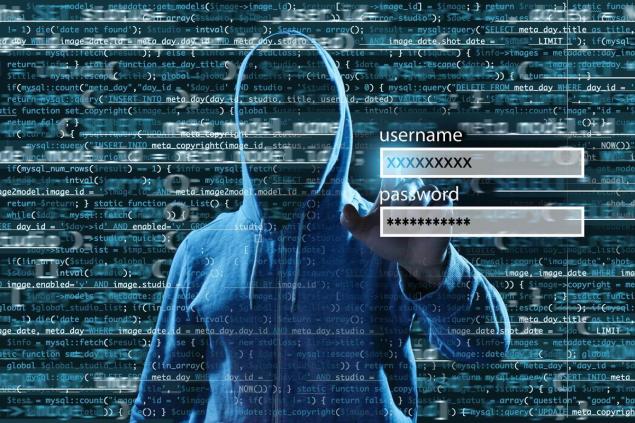
Fraudsters can gain access to personal data through phishing. But sometimes they don’t even have to bother with complicated schemes – just dig into the information that people themselves post on the Internet.
When registering on websites, they are increasingly asked to specify a mobile phone number. At the same time, they convincingly refer to additional protection against account theft and insurance in case of a forgotten password.
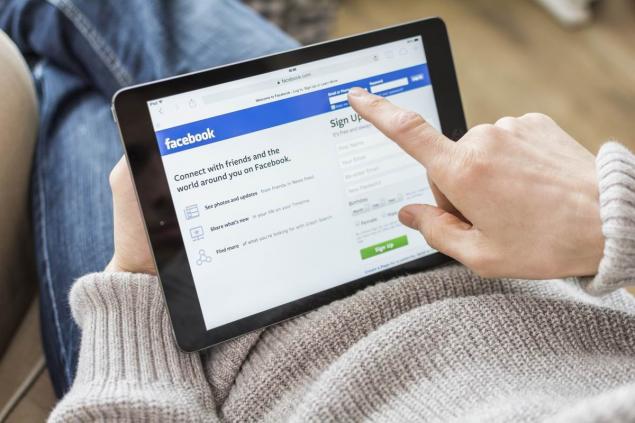
People want to quickly complete the registration procedure and give the phone without thinking about how it will be used. And the collected data with amazing regularity “leak” to the database of spammers or scammers.
A mobile phone number is required to register with Facebook and Google (and Gmail). It can then be removed in the service settings. "Vkontakte" allows you to register only with a phone number. Remove it in the settings, unfortunately, can not.
Security experts recommend registering where no phone number is required. If in the settings of the service used there is an opportunity to delete the number, then it is worth using it.
Instead of “password recovery” schemes over the phone, it’s best to spend a little time creating strong passwords, using a reliable password manager, and backing it up regularly.
You can specify the country and city on the registration page, but it is better to refuse to specify the exact address. Spammers can send various emails, such as fake debt notices.
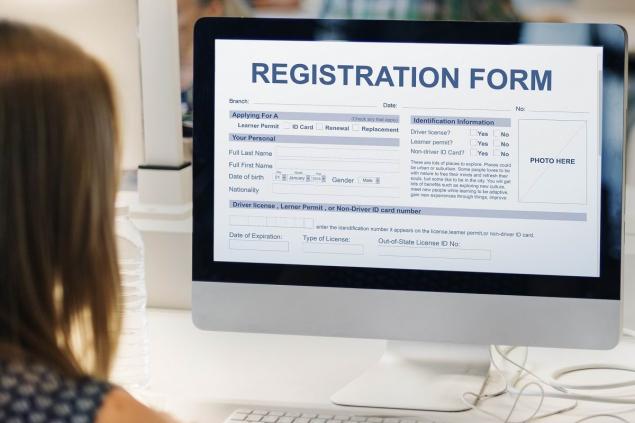
Information about the address can be used by robbers or detractors.
It would seem obvious that bank details should not be placed on your page in the social network. But on the pages of VC users, for example, you can often see bank card numbers with requests for financial assistance.
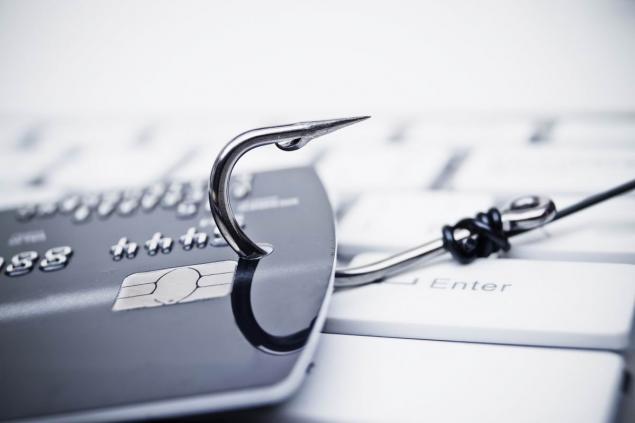
In case of hacking, criminals will be able to use this data to steal money from the account or illegally issue a loan in the name of a careless user.
I had to see how in communication with representatives of banks people sent photos of passports through comments. Of course, after a while, moderators delete them, but Google cache, as you know, remembers everything.
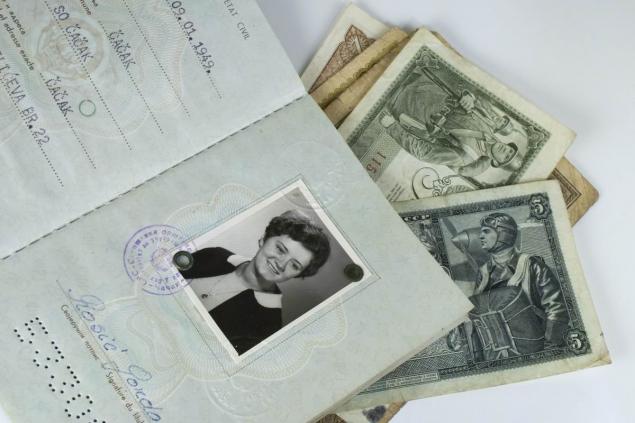
Our children are the most precious thing we have. We just can't imagine anything bad happening to them. Therefore, we often neglect simple safety rules.

For example, we proudly post numerous photos on the Internet that show our hope and joy.
The photo may contain information about where the child spends most time. This allows criminals to easily track a child’s location by paying attention to geolocation tags!
If you post a photo on the Internet showing a child’s passion, an unfamiliar fraudster will have valuable information. It is easy to trick and lure a child anywhere, knowing about his hobbies and interests.
Some photos may compromise a child in the future. No one thinks about it by posting weird and funny photos, but the reality is this: The Internet will save them, and when the child grows up, it can ruin his life.
How to protect personal data online
All safety rules are individual. Some of these recommendations may not work for you, but something else will work effectively. The main thing is to make sure that no one can use confidential information against you.

Fraudsters can gain access to personal data through phishing. But sometimes they don’t even have to bother with complicated schemes – just dig into the information that people themselves post on the Internet.
When registering on websites, they are increasingly asked to specify a mobile phone number. At the same time, they convincingly refer to additional protection against account theft and insurance in case of a forgotten password.

People want to quickly complete the registration procedure and give the phone without thinking about how it will be used. And the collected data with amazing regularity “leak” to the database of spammers or scammers.
A mobile phone number is required to register with Facebook and Google (and Gmail). It can then be removed in the service settings. "Vkontakte" allows you to register only with a phone number. Remove it in the settings, unfortunately, can not.
Security experts recommend registering where no phone number is required. If in the settings of the service used there is an opportunity to delete the number, then it is worth using it.
Instead of “password recovery” schemes over the phone, it’s best to spend a little time creating strong passwords, using a reliable password manager, and backing it up regularly.
You can specify the country and city on the registration page, but it is better to refuse to specify the exact address. Spammers can send various emails, such as fake debt notices.

Information about the address can be used by robbers or detractors.
It would seem obvious that bank details should not be placed on your page in the social network. But on the pages of VC users, for example, you can often see bank card numbers with requests for financial assistance.

In case of hacking, criminals will be able to use this data to steal money from the account or illegally issue a loan in the name of a careless user.
I had to see how in communication with representatives of banks people sent photos of passports through comments. Of course, after a while, moderators delete them, but Google cache, as you know, remembers everything.

Our children are the most precious thing we have. We just can't imagine anything bad happening to them. Therefore, we often neglect simple safety rules.

For example, we proudly post numerous photos on the Internet that show our hope and joy.
The photo may contain information about where the child spends most time. This allows criminals to easily track a child’s location by paying attention to geolocation tags!
If you post a photo on the Internet showing a child’s passion, an unfamiliar fraudster will have valuable information. It is easy to trick and lure a child anywhere, knowing about his hobbies and interests.
Some photos may compromise a child in the future. No one thinks about it by posting weird and funny photos, but the reality is this: The Internet will save them, and when the child grows up, it can ruin his life.
How to protect personal data online
- Don't tell anyone your passwords. A sticker with a login and password on the monitor (so as not to forget) is a bad idea.

- Try not to find the answer to your control question on social media.
- Hide your social media profiles. And, by the way, it is not necessary to indicate in them the true date or place of birth. If you post something personal just for friends, be careful when you add someone to your friends.
- It is obvious to everyone that posting scans of documents is a bad idea. But not capturing your loved one with tickets at the airport is almost the same as not going on vacation at all.

Meanwhile, the boarding pass, in addition to the seemingly harmless name and surname, as well as the direction of departure, contains information that the attackers will gladly use. - Ignore suspicious emails, do not click on suspicious links, do not download files and applications, the origin of which you are not one hundred percent sure.
All safety rules are individual. Some of these recommendations may not work for you, but something else will work effectively. The main thing is to make sure that no one can use confidential information against you.
Why Dr. Komarovsky allows children to have ice cream
What haircuts at the peak of popularity this year


















